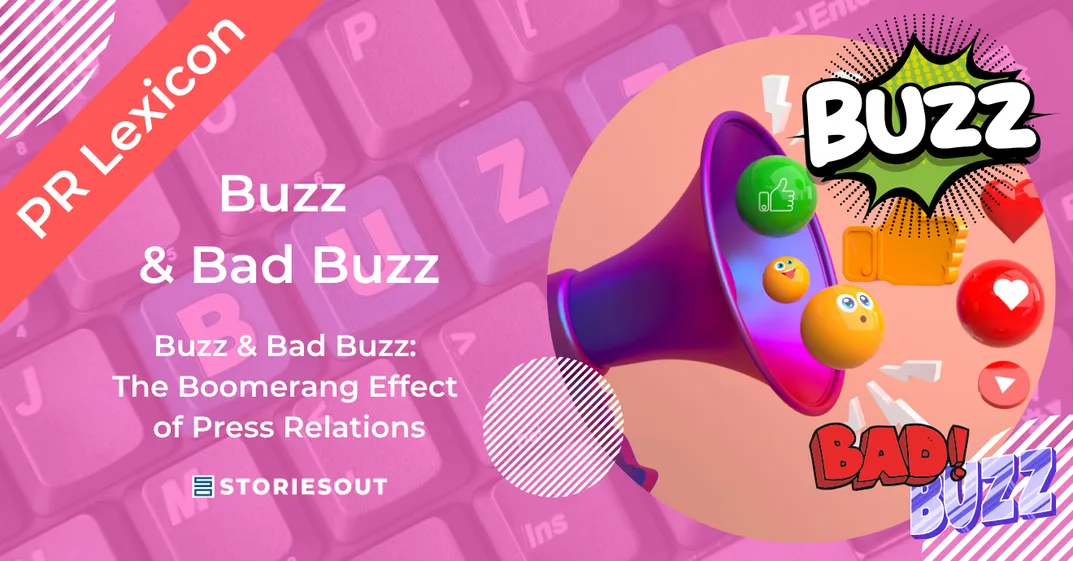In the world of journalism, not everyone is a full-time staff writer. The freelance journalist – often referred to simply as a freelancer – is a key figure in the media ecosystem, though not always well understood. From national dailies to local radio, including regional newspapers (known as PQR in France), freelance contributors help shape the stories we read every day.
So, what exactly is a freelance journalist? And how do they fit into public relations strategies? Let’s break it down.
Freelance Journalist: Definition and Basics
A freelance journalist is a writer or reporter paid per article or assignment, rather than being on a fixed salary. They pitch ideas to editors or take on commissions, and are paid for published work – whether it’s a feature, report, column or news brief.
Contrary to popular belief, freelance doesn’t mean unprofessional or unstable. Many experienced journalists choose freelancing for its autonomy and variety, often contributing to multiple publications across sectors.
In short, to answer the common question, “What is a freelance journalist?”, it’s a professional journalist working independently, selling stories to media outlets.
The Origins of the Term “Freelance”
The term “freelance” has medieval roots. It originally referred to a knight not bound to any lord, offering his “lance” for hire. The journalistic equivalent came to mean a professional working independently, offering content to different publications.
In France, the term “pigiste” comes from pijer, a 19th-century practice of measuring published content by column length. Today, compensation is based on the topic, publication and editorial scope – not word count alone.
Freelancers in the Newsroom
Freelancers aren’t second-tier contributors. They often play a key role in specialized coverage or in feeding local sections with timely reports.
In regional dailies (PQR), for instance, freelance journalists are often the primary link to the field. They attend city council meetings, conduct interviews with local leaders and report on community life. Without them, much of the regional press would run dry.
That said, their hybrid status can blur the lines. Freelancers may not attend editorial meetings or receive the same benefits as staff writers. Yet their journalistic expertise remains essential.
Freelance Journalists and Press Relations
For PR professionals, understanding the role of freelancers is key. Many press campaigns aim at “the newsroom” without considering who actually writes the stories. A well-connected freelance journalist covering your sector (health, culture, tech, etc.) can be a valuable PR contact.
Best practices include:
- Including recurring freelancers in your media list.
- Personalizing your outreach: freelancers are often overlooked – your message will stand out.
- Respecting their role: they are not brand relays. Share real newsworthy content they can pitch.
Sometimes, it’s the freelancer who brings your story into the newsroom, thanks to a well-crafted press release. Build direct relationships with freelancers: they may be your best entry point into the media.
Key Takeaways
A freelance journalist is an independent, professional contributor who brings depth, agility and proximity to the news. Getting to know them better will sharpen your media relations strategy and help foster stronger, smarter campaigns. Whether you’re in-house or agency side, freelancers deserve a spot in your PR thinking – and in your contact list.




